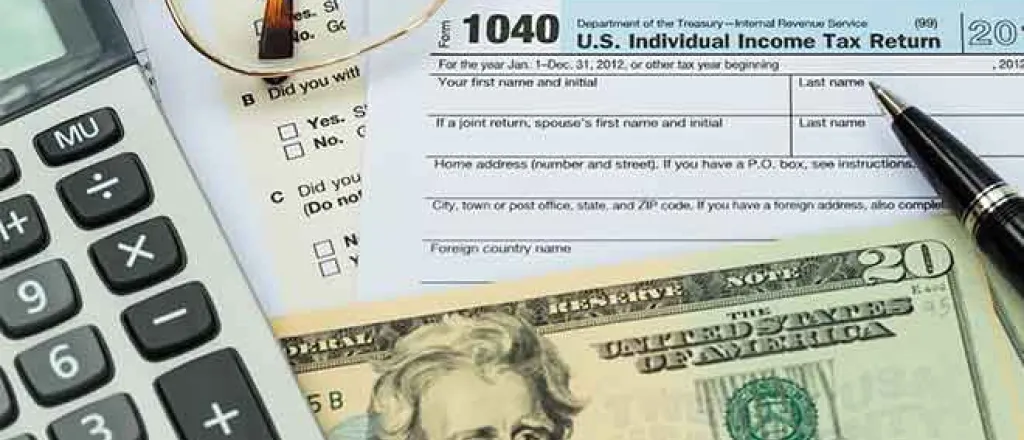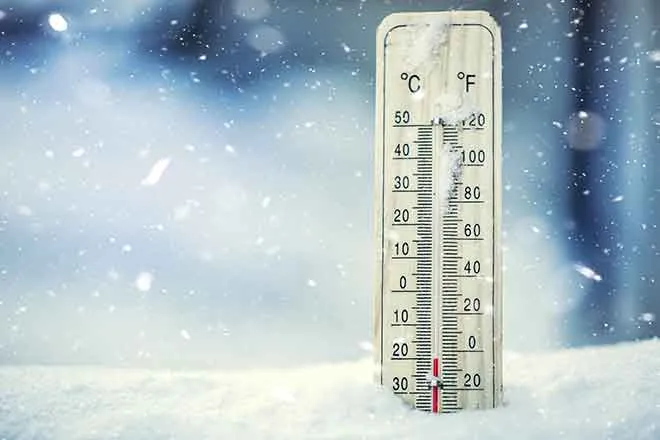
War tax resisters redirect money towards peace
(Commonwealth News Service) Tax Day is quickly approaching April 18 but some people will resist paying their federal taxes as a war protest.
War tax resistance, as it's known, dates back to the American Revolution, when Quakers refused to pay taxes designated for military purposes. The movement gained national attention in 1964 when singer Joan Baez refused to pay 60 percent of her income taxes due to the war in Vietnam.
Aaron Falbel of Sunderland, Massachusetts, said he files his federal taxes but includes a note explaining his moral opposition to paying them.
"If you don't believe in war with your heart or your mind, if you don't support war in that way, why should you support it with your wallet?" Falbel asked.
Falbel explained the point behind war tax resistance is to redirect one's federal tax payment to organizations working for peace. Nearly 50 percent of federal discretionary spending goes to the Department of Defense, according to the Congressional Budget Office. Paying taxes is mandatory under federal and state laws.
Many war tax resisters also cite the military's significant contribution to climate change as a reason to channel their money elsewhere. Studies show the U.S. military is the world's single largest consumer of oil and one of the world's top greenhouse gas emitters. Falbel noted taxes provide resources for it to continue.
"That economic engine has a tailpipe problem which contributes to climate change," Falbel contended.
Falbel added he has received numerous letters with warnings from the Internal Revenue Service since becoming a war tax resister in 1990, following a demonstration against the soon-to-be Persian Gulf War. He argued anything the IRS could do to him, such as seize his assets or income, is nothing compared to the violence of war.
















